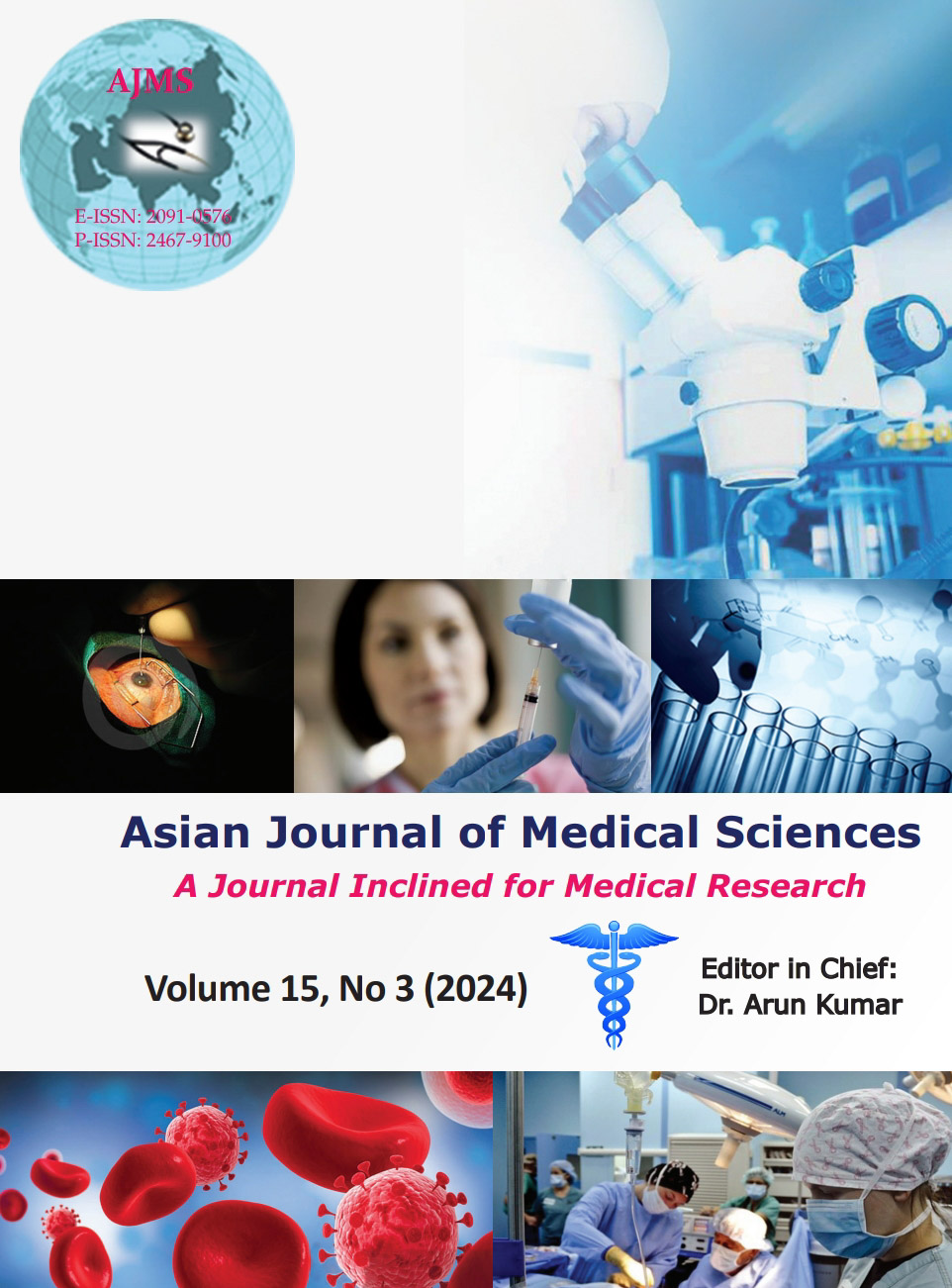Evaluation of optimum dose of anti-snake venom required and its outcome based on severity of envenomation in snakebite case
Keywords:
Anti-snake venom; Lag time; Snakebite; ASV reactionsAbstract
Background: Snakebite is an important occupational hazard in India as it is always been a land of poisonous snakes. The isssue which the physician confronts while treating a snake bite patient is assesment of degree of envenomation and requirement of ASV dose.
Aims and Objectives: This study was taken to evaluate the optimum dose of anti-snake venom (ASV) required based on the severity of envenomation.
Materials and Methods: Patients with a history of snakebite brought to the Department of General Medicine, Hassan, were included in this study. The study was conducted during the period from December 2014 to June 2016. The sample size of 80 patients was included in the study after fulfilling the inclusion criteria.
Results: A total of 80 patients were included in the study. The majority of the victims were males (70%), age between 21 and 40 years (47.5%), and agriculture was the main occupation (67.3%). 51.25% did not identify the snake. The most poisonous were viper and cobra types which were 36.5% and 12.5%, respectively. A delay in lag time of 8.99±8.2 h was observed in severe envenomation. Overall, 51 cases (63.75%) had cellulitis, and 3 (3.75%) in the severe group required fasciotomy. Twenty percent had hematologic derangements. Ten percent of patients had developed renal failure and one required dialysis. 8.75% of patients developed respiratory failure and all required mechanical ventilation. The average dose of ASV vials used in mild, moderate, and severe envenomation was 9.04±3.51 vials, 18.5±5.27 vials, and 28.6±7.30 vials, respectively. The overall mortality rate was 5%.
Conclusions: The optimum dose of ASV required in mild, moderate, and severe envenomation is 9.04±3.51 vials, 18.5±5.27 vials, and 28.6±7.30 vials, respectively to neutralize the circulating venom and lower the risk of development of serious complications.
Downloads
Downloads
Published
How to Cite
Issue
Section
License
Copyright (c) 2024 Asian Journal of Medical Sciences

This work is licensed under a Creative Commons Attribution-NonCommercial 4.0 International License.
Authors who publish with this journal agree to the following terms:
- The journal holds copyright and publishes the work under a Creative Commons CC-BY-NC license that permits use, distribution and reprduction in any medium, provided the original work is properly cited and is not used for commercial purposes. The journal should be recognised as the original publisher of this work.
- Authors are able to enter into separate, additional contractual arrangements for the non-exclusive distribution of the journal's published version of the work (e.g., post it to an institutional repository or publish it in a book), with an acknowledgement of its initial publication in this journal.
- Authors are permitted and encouraged to post their work online (e.g., in institutional repositories or on their website) prior to and during the submission process, as it can lead to productive exchanges, as well as earlier and greater citation of published work (See The Effect of Open Access).




